Deputy Prime Minister Tran Luu Quang chaired the conference to deploy the project "Sustainable development of 1 million hectares of high-quality, low-emission specialized rice associated with green growth in the Mekong Delta region by 2030" - Photo: VGP/Hai Minh
Also attending the Conference were Minister of Agriculture and Rural Development Le Minh Hoan, leaders of several central ministries and branches and 12 localities in the Mekong Delta, scientists, and representatives of several international organizations.
The Mekong Delta, with a natural area of 4,092,000 hectares, of which 2,575,000 hectares are used for agricultural production, is one of the main rice production areas of Vietnam. Rice output in the region has been stable at 24-25 million tons in recent years, accounting for over 55% of rice production and over 90% of rice export output of the whole country, creating jobs and income for millions of agricultural households in the region.
Rice exports in 2023 will reach more than 4.8 billion USD, up 17.4% in volume and 39.4% in value compared to 2022. Vietnam's rice export prices continue to increase and are gradually approaching the highest group in the world.
In addition to the achievements, the Mekong Delta still has limitations such as not having many concentrated, large-scale rice-growing areas with linkages and cooperation in the value chain between rice growers and cooperatives and enterprises; rice cultivation is not sustainable because farmers still use a lot of fertilizers and pesticides of chemical origin, affecting the environment and increasing greenhouse gas emissions...
With a large rice output, the Mekong Delta produces about 26-27 million tons of straw, of which 70% is burned and buried in the soil, the remaining 30% is collected and used for mushroom cultivation, mulching crops, fruit transportation cushions, and animal feed. Burning straw causes environmental pollution while burying straw in flooded fields increases methane (CH4) emissions and other greenhouse gases. This situation requires straw management in the direction of circular agriculture to maximize the nutrients contained in straw, reduce nutrient loss, reduce environmental pollution, reduce greenhouse gas emissions, and increase income for rice growers and related commercial production services.
On the other hand, in recent times, market demands have been increasing, regulations from importing countries have become increasingly stringent, requiring improved rice quality, ensuring food safety, including minimizing the use of chemical inputs and reducing emissions. In addition, at COP26, the Prime Minister also signed a commitment to strive for net zero emissions by 2050.
In the above context, the Government has approved the Project "Sustainable development of 1 million hectares of high-quality and low-emission rice cultivation associated with green growth in the Mekong Delta by 2030".
The project is of particular importance in orienting the transformation of sustainable rice cultivation methods in the Mekong Delta and forming and developing large-scale, stable and long-term concentrated raw material areas, ensuring sustainable and effective cultivation quality.
The project aims to reduce input costs by 30%, contributing to reducing rice production costs for farming households by about VND9,500 billion; increasing the profit margin of rice growers by 50%; contributing to reducing greenhouse gas emissions by 10%.
The project is associated with reorganizing the production system according to the value chain, applying sustainable farming processes to increase value, sustainable development of the rice industry, improve production and business efficiency, income and life of rice growers, protect the environment, adapt to climate change and reduce greenhouse gas emissions, contributing to the implementation of Vietnam's international commitments.
During the implementation of the Project, there will be a number of new policies, in line with global trends, piloted such as paying carbon credits based on results for 1 million hectares of high-quality and low-emission rice associated with green growth, circular production, and exploiting multiple values in rice production with investment or credit mechanisms with the aim of attracting businesses in the field of rice production and processing.
From the successful pilot, this model in the Mekong Delta will be expanded nationwide, aiming to make "Green development, emission reduction, high quality" the brand of Vietnamese rice.
The Ministry of Agriculture and Rural Development estimates that the total capital for implementing the Project is about 800 million USD from the following sources: Budget; credit, socialized sources; non-refundable aid, official development assistance loans and other legal sources, in which the main capital sources are from non-refundable aid, loans, credit capital and revenue from carbon credits.
Deputy Minister of Agriculture and Rural Development Tran Thanh Nam said that the World Bank (WB) has agreed to select the Project as one of the key projects in the Asia-Pacific region and will provide Vietnam with a loan of 500 million USD.
Deputy Minister Tran Thanh Nam said that the Ministry of Agriculture and Rural Development has established a Steering Committee to implement the Project, headed by Minister Le Minh Hoan, with the participation of leaders of the Ministry of Planning and Investment, Ministry of Finance, Ministry of Natural Resources and Environment, State Bank, representatives of the World Bank, and representatives of leaders of 12 localities in the Mekong Delta.
The Ministry is also working with the World Bank to develop and mobilize non-refundable aid sources and prepare loan projects; and is coordinating with experts from the Carbon Asset Conversion Fund to build an MRV system for the Project to serve as a basis for granting carbon credits for rice production and exchanging them on the market, contributing to increasing income for rice producers while reducing emissions.
The Ministry also works with the State Bank, commercial banks, and the Bank for Agriculture and Rural Development to develop a credit program to support businesses and cooperatives participating in the Project.
The Ministry will establish an Office to coordinate the implementation of the Project located at the Ministry's headquarters and Can Tho City, Minister Le Minh Hoan said.
According to the Ministry of Agriculture and Rural Development, the People's Committees of the Mekong Delta provinces, based on the criteria for specialized cultivation areas, will determine areas that meet the criteria, register and develop plans to implement the Project for 2024 and for each stage; consolidate and complete the organization and funding arrangement to complete the initial conditions for implementing the Project in 2024 and the following years.
Localities strengthen the infrastructure system for rice growing areas participating in the Project, especially irrigation infrastructure; issue local mechanisms and policies to attract investment from enterprises; support and develop cooperatives, train human resources for cooperative management, upgrade infrastructure to participate in the sustainable rice production value chain.
At the same time, localities develop specific plans to implement the Project, report to the Ministry of Agriculture and Rural Development; organize a preliminary review of the Project implementation in 2025.
Photo: VGP/Hai Minh
Creating a symbiotic ecosystem to implement the Project
Speaking at the Conference, representatives of associations, research institutes and localities all assessed the Project as a "breath of fresh air", demonstrating the Government's new determination to gradually modernize the country's rice production industry.
The project not only brings direct benefits to nearly 1.5 million farmers, but also contributes to affirming Vietnam as a responsible country in ensuring global food security and reducing greenhouse gas emissions.
Suggesting many directions and solutions to effectively implement the Project, delegates emphasized that special attention must be paid to training so that farmers can master and master technical support packages; as soon as possible, scientific and technological advances and rice varieties with outstanding nutritional characteristics must be introduced into the program; and an internationally recognized monitoring and reporting system must be in place so that the Project's products are truly "high-quality, low-carbon rice".
Delegates emphasized the need to have a mechanism that clearly defines the benefits of businesses participating in the Project; strongly invest in mechanization and irrigation infrastructure to retain fresh water for rice production; have a mechanism to coordinate rice export activities to ensure maximum benefits for farmers and Vietnam's rice export industry; and strengthen information and communication work to raise awareness of the Project.
The presentations emphasized the need to develop a national rice science and technology research program to prepare for the next 5-10 years; pilot a carbon credit program in the context of international organizations committing to support Vietnam financially and in market access.
Delegates also emphasized the need to integrate the Project with other programs; increase resource mobilization for the Project through public-private partnerships; and strengthen international cooperation.
Concluding the Conference, Deputy Prime Minister Tran Luu Quang emphasized that Vietnam's image and international position have continued to be enhanced in recent times, including the contribution of the rice industry in ensuring national food security, contributing to ensuring global food security while some countries have stopped exporting rice.
In diplomatic exchanges, countries and international organizations highly appreciate Vietnam's achievements in agricultural development and hope that Vietnam will share its experiences and support many countries in agricultural development and ensuring food security.
Appreciating the enthusiastic comments at the Conference, Deputy Prime Minister Tran Luu Quang emphasized that the Project is a big game, so there are 4 difficulties: Difficult because for the first time setting the target of 1 million hectares of high-quality rice, reducing emissions; difficult because of changing habits in dealing with it; difficult because it is always immediately affected by the erratic changes in rice prices on the market; difficult to reach consensus on some matters related to the interests of some organizations and individuals, typically the unification of export rice prices.
In order for the big game to achieve its set goals, the Deputy Prime Minister emphasized the 10-word principle: Wholeheartedness, compliance, flexibility, cooperation, and control.
The Deputy Prime Minister emphasized the need for the Government, localities and businesses to join hands to gradually encourage each farmer to have a "wholehearted" attitude towards this Project. Experience shows that anything difficult can be done if there is the right approach, the right method and determination, typically in the fight against the COVID-19 pandemic, Vietnam ranked 9th in the world in terms of epidemic prevention results.
According to the Deputy Prime Minister, if we do not "comply" with plans, principles, and standards, we will fail, but at the same time we must be "flexible" and creative in our responses, appropriate to each region and locality, and especially adapt to the increasingly serious and unpredictable impacts of climate change.
The Deputy Prime Minister said that there must be good "cooperation", first of all in negotiating loans, coordination between central agencies, between the central government and localities, and between businesses; emphasizing that "we will fail if businesses participate in this Project in their own, unique way, without compliance and coordination". In addition, programs must be well integrated to create a combined strength so that we can win together.
The Deputy Prime Minister also emphasized the need for good "control" to avoid deviations from standards and directions and to promptly adjust to suit the actual situation on the basis of regular review and summary, especially good models and practices.
Affirming that the Government will commit to and accompany the implementation of the Project, the Deputy Prime Minister assigned the Ministry of Agriculture and Rural Development to promptly submit to the Government and the Prime Minister: The project to borrow capital from the World Bank to implement the Project; Pilot policy, carbon credit payment mechanism based on results for 1 million hectares of high-quality and low-emission rice; and propose additional public investment capital for the Ministry to support investment items in the Project.
The Deputy Prime Minister assigned the Ministry of Finance to calculate a plan to mobilize capital to implement the Project; propose a mechanism to integrate the Project with other programs, possibly similar to the pilot mechanism in which each locality has 2 districts allowed to mix capital from all 3 National Target Programs.
Regarding ODA capital, the Deputy Prime Minister noted that it is necessary to pay close attention to the negotiation stage to harmonize procedures between Vietnam and donors, facilitating disbursement after receiving loans./.
Source


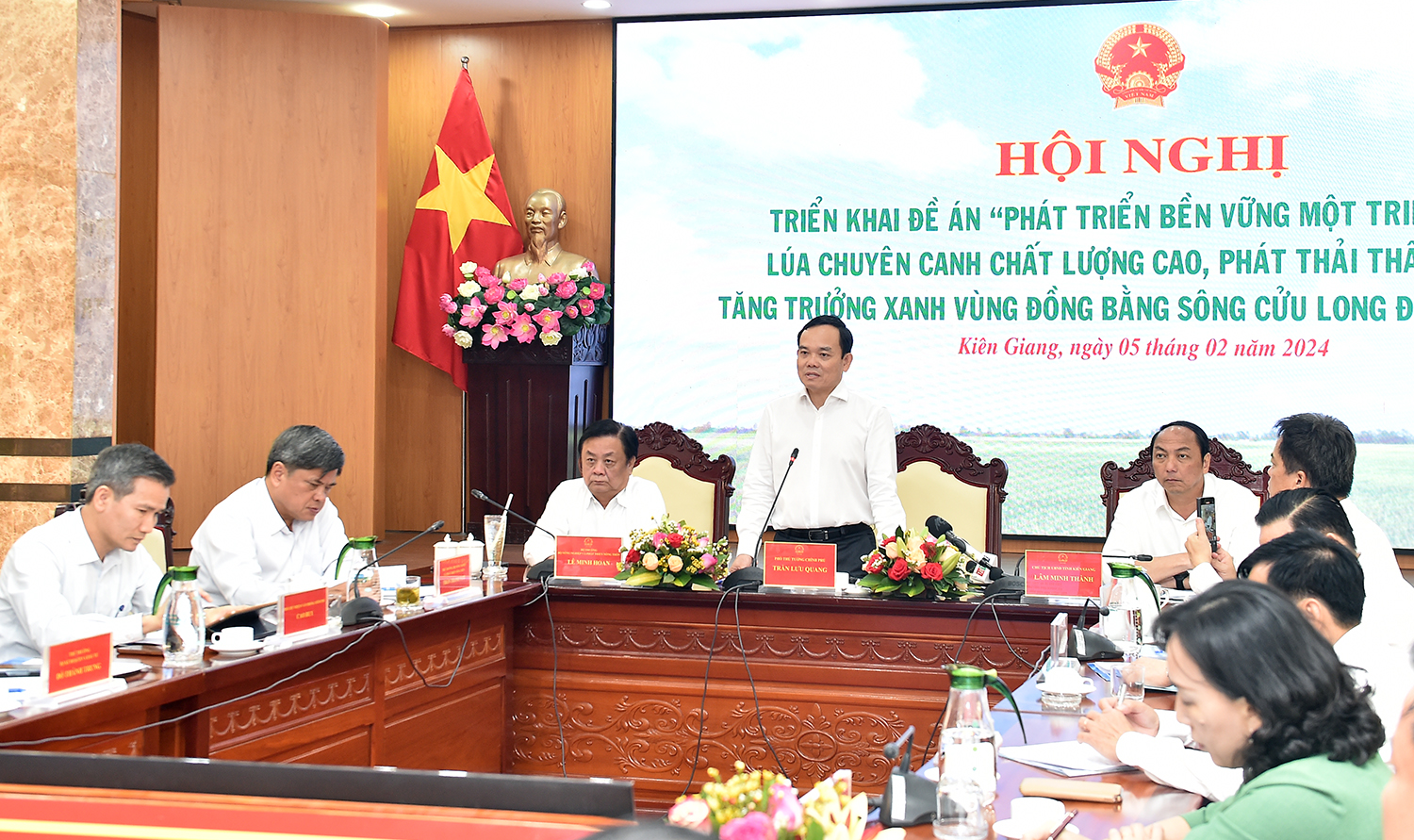
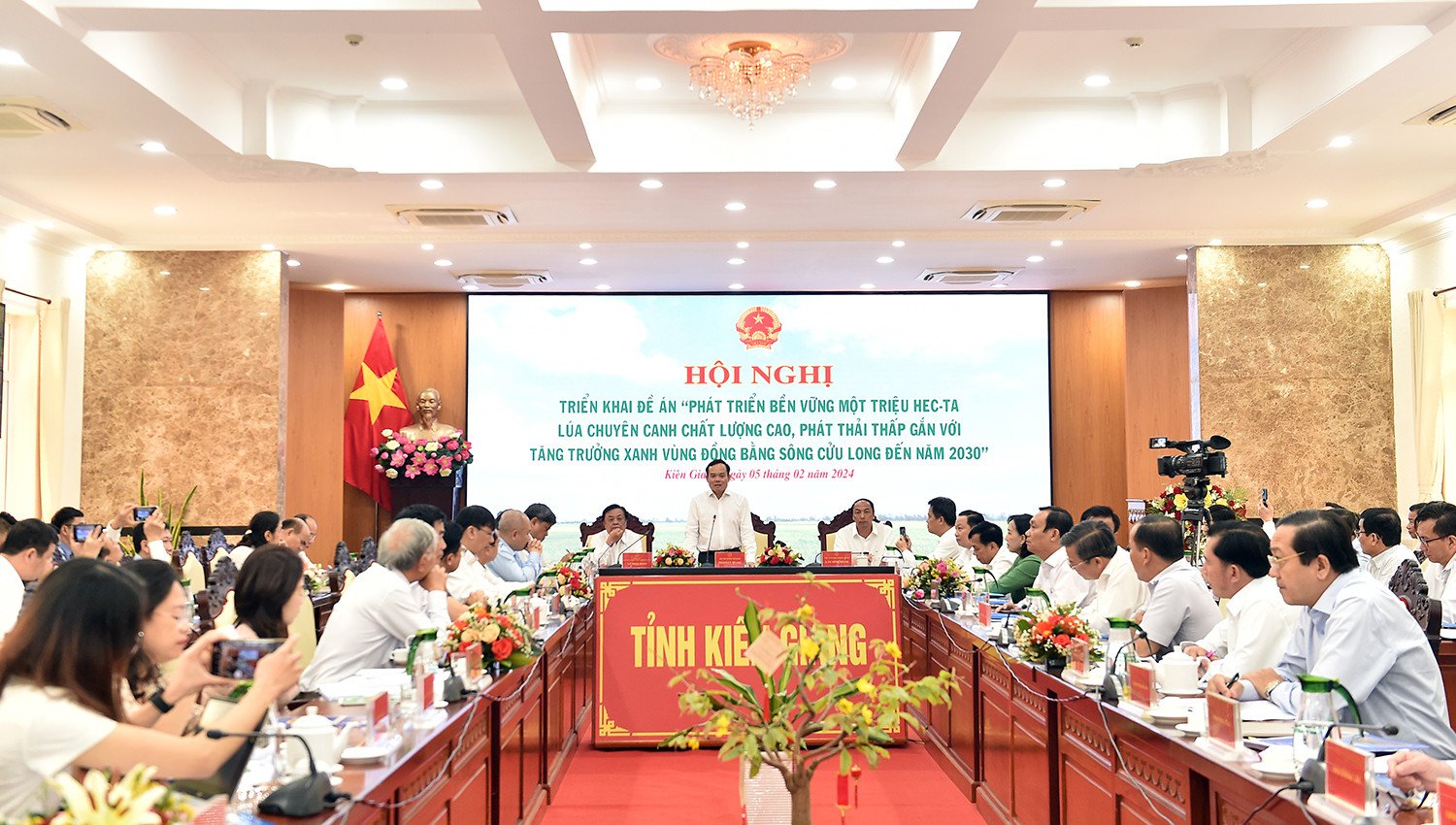

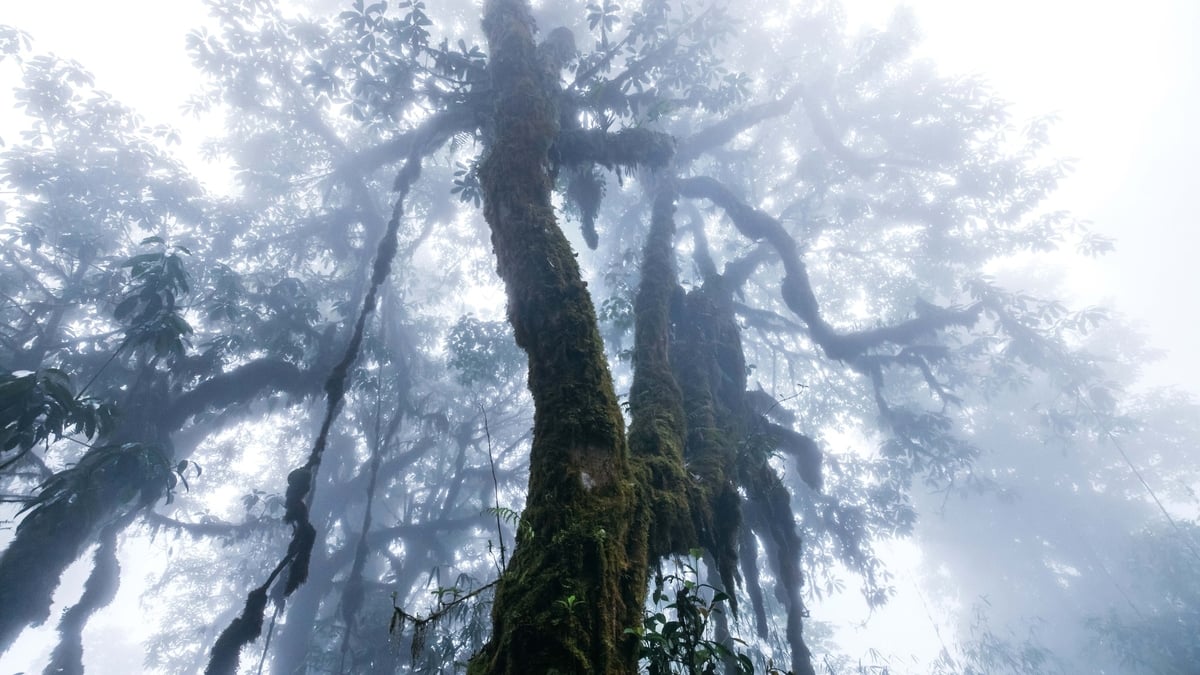

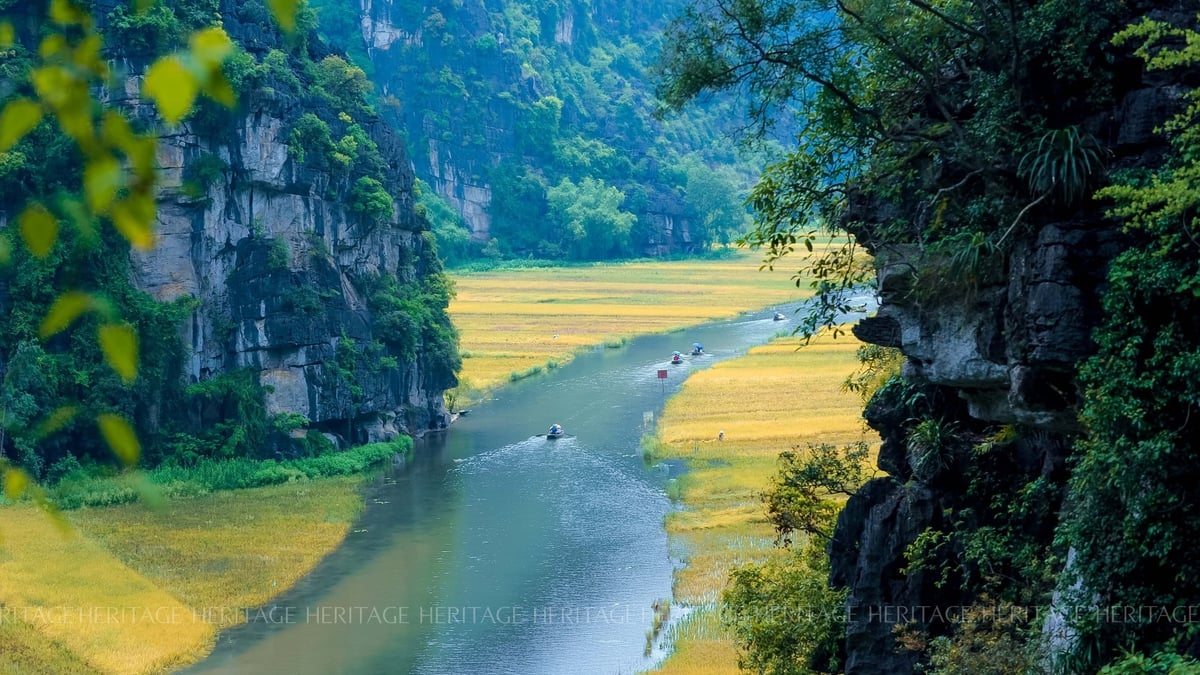
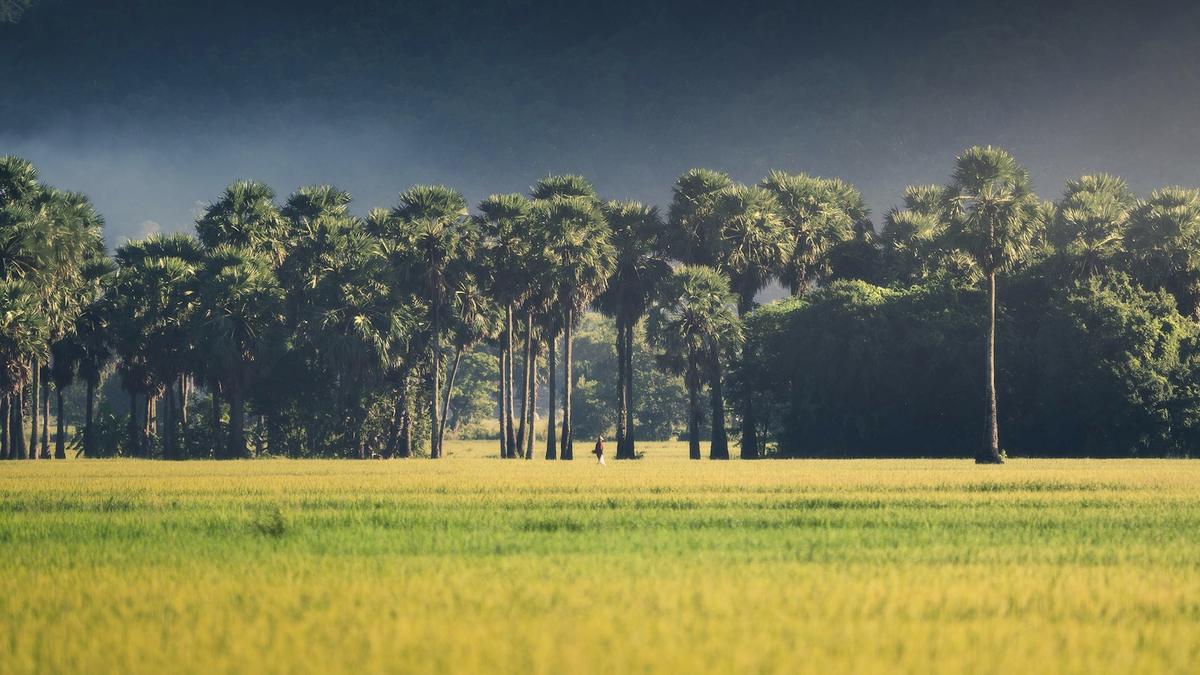
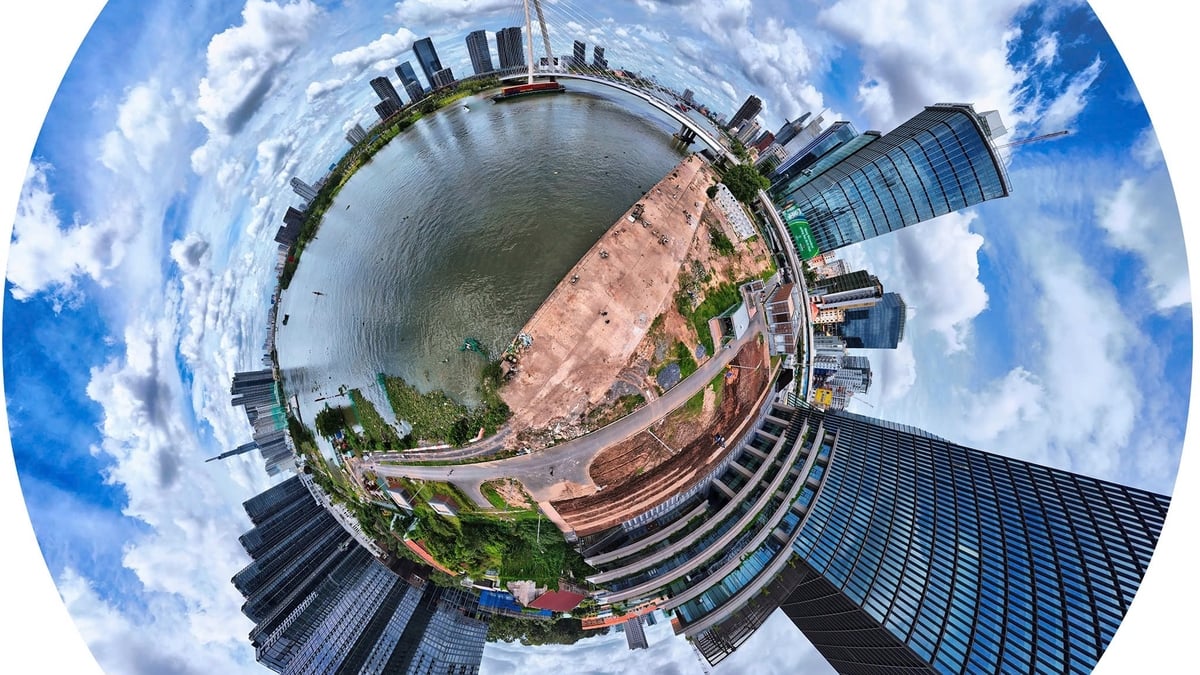
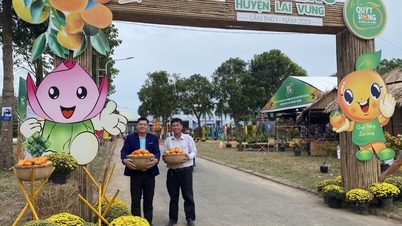

















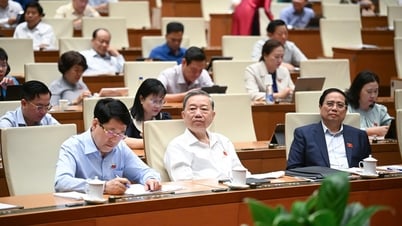











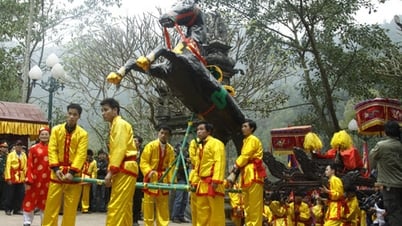




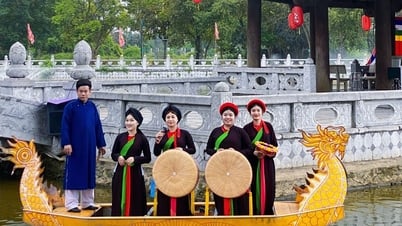

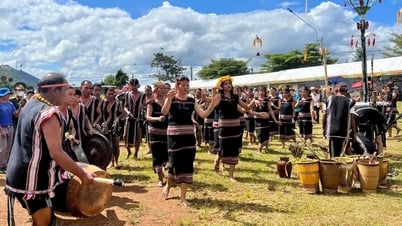
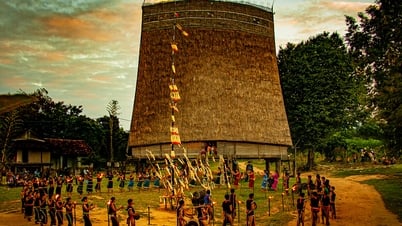



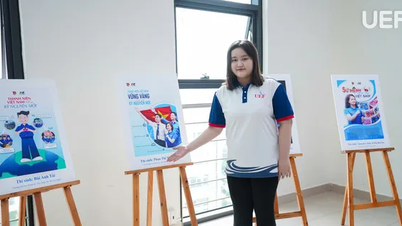

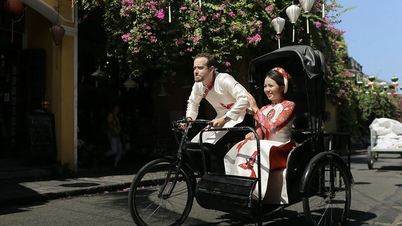

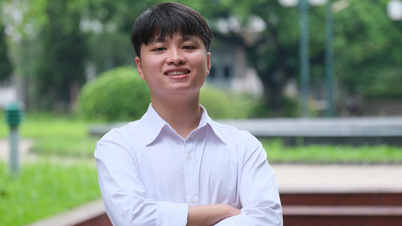










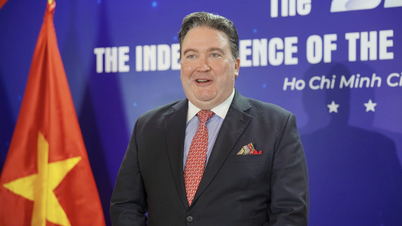

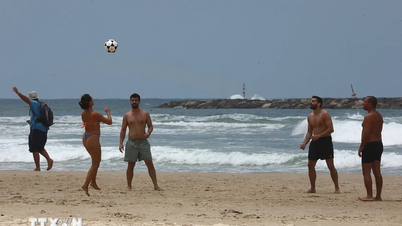



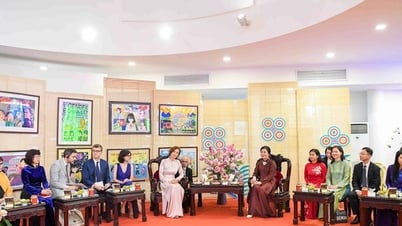

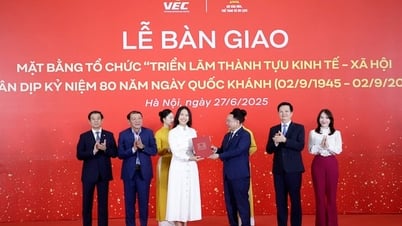


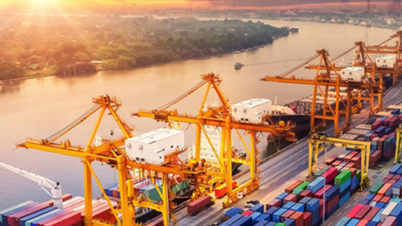
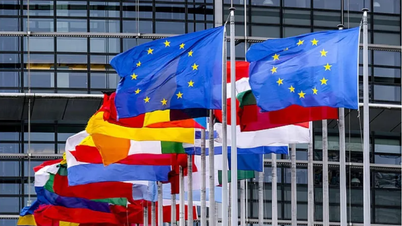
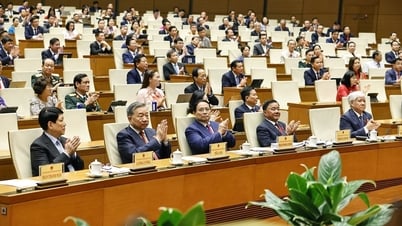

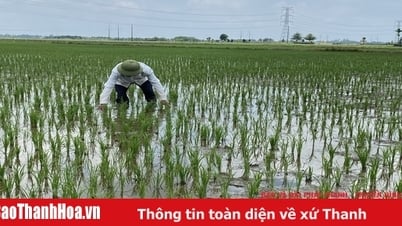




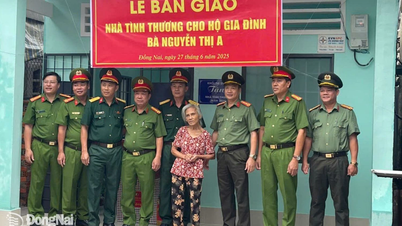
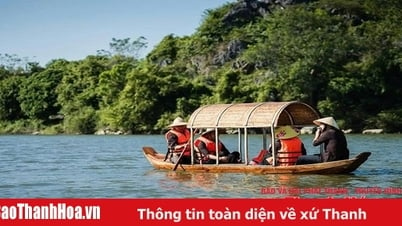
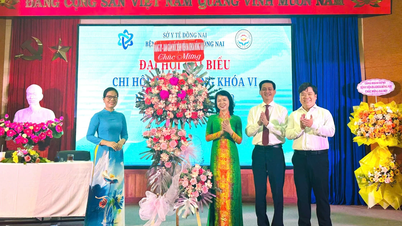














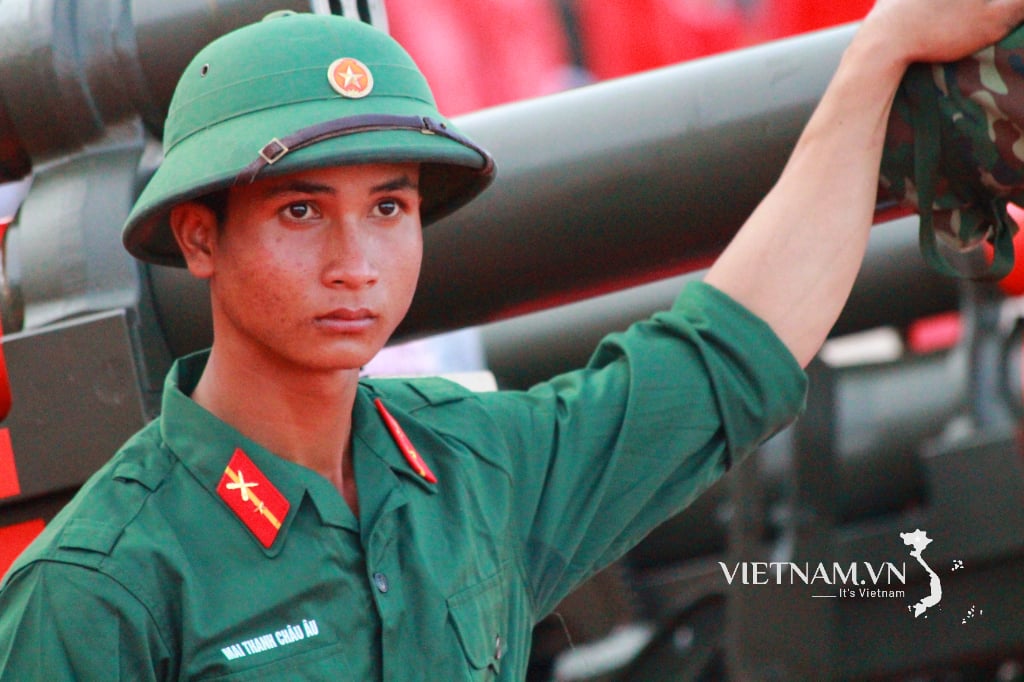
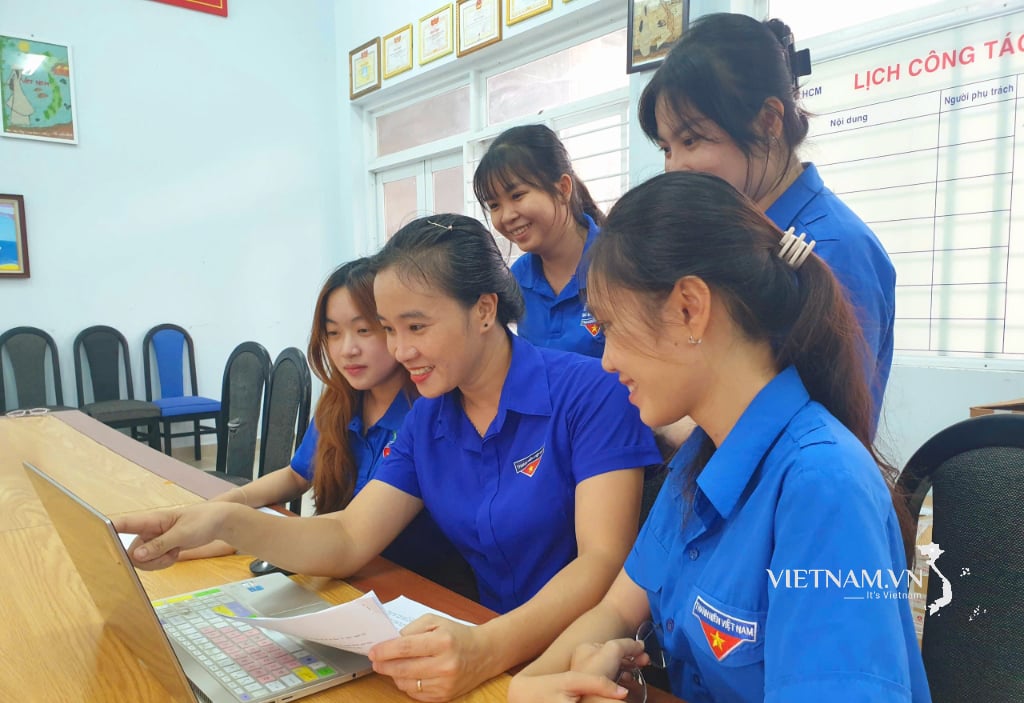

Comment (0)